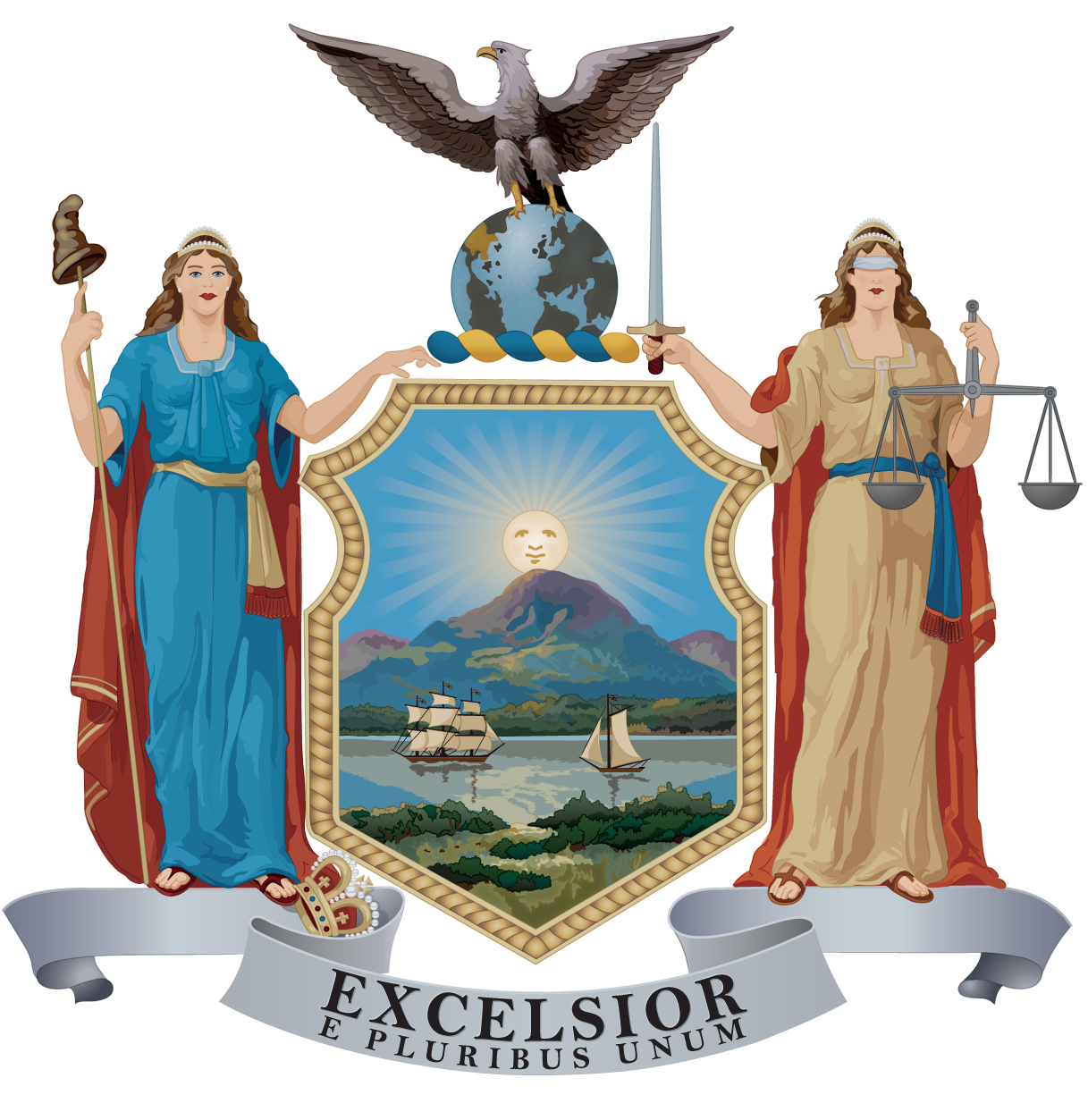March 14, 2022
Assembly Budget Makes Critical Investments in Quality, Affordable Housing Across New York State
Spending Plan Includes $1.25 billion in Rental Relief for those Financially Impacted by Pandemic Through ERAP
Assembly Budget Makes Critical Investments in Quality, Affordable Housing Across New York State
Spending Plan Includes $1.25 billion in Rental Relief for those Financially Impacted by Pandemic Through ERAP
Speaker Carl Heastie and Housing Committee Chair Steven Cymbrowitz today announced that the Assembly State Fiscal Year (SFY) 2022-23 Budget helps fight homelessness and keeps New Yorkers that struggled financially during the pandemic in their homes.
“Too many of our families across our state struggled with homelessness and finding access to affordable housing prior to the pandemic,” Speaker Heastie said. “This budget builds on the work done during the pandemic to keep New Yorkers in their homes, while creating and investing in programs that will give more families access to safe, affordable housing.”
“The Assembly is committed to making smart investments to put affordable housing within reach for all New Yorkers,” Assemblymember Cymbrowitz said. “On top of continued rental and mortgage relief, and much-needed capital funding for NYCHA, I am proud that my Housing Access Vouchers Program (HAVP) bill to help those who are homeless or on the verge of homelessness get into reliable, affordable housing is included as part of the budget.”
Rent & Homeownership Relief
New Yorkers are still feeling the financial strain of the COVID-19 pandemic, and many were unable to pay their rent or their mortgages as a result. The Assembly Budget makes critical investments in rent and homeownership relief to help New Yorkers stay in their homes. The governor’s budget allocated $2 billion for relief, and the Assembly’s spending plan would ensure that:
- $1.25 billion would be allocated for the Emergency Rental Assistance Program (ERAP);
- $500 million for a utility arrears program, to be administered by the Public Service Commission;
- $400 million for the Landlord Rental Assistance Program (LRAP);
- An additional $15 million for the Homeowner Protection Program (HOPP) for a total of $35 million; and
- $50 million for the Office of Storm Recovery, which helps homeowners pay for repairs as a result of storm damage that is not covered by FEMA or insurance.
Additionally, the Assembly would provide $400 million for the New York State Homeowner Assistance Fund (HAF) Program and would increase funding for eviction legal counsel outside of New York City to a total of $50 million.
Affordable Housing & Creation of New Home Ownership Program
The Assembly Budget includes $250 million to establish the Housing Access Voucher Program (HVAP). This rental assistance program would help individuals and families who are homeless or at risk of homelessness to secure permanent housing and transition out of shelters or unsustainable housing situations. It would also enable local housing agencies to avert evictions for nonpayment of rent and other causes of displacement.
The Assembly spending plan also includes $500 million for New York City Housing Authority (NYCHA) capital repairs.
The Assembly’s Budget would require that the governor submit a new five year housing plan every five years. The plan builds on the governor’s current five year affordable housing capital plan by adding an additional $1.7 billion for a total of $6.2 billion. Within that funding, the Assembly spending plan includes $1.35 billion to fund a new Assembly homeownership program, including:
- $1 billion for a new statewide limited equity cooperative program, which would provide affordable homeownership opportunities to low- and middle-income families;
- $250 million for additional homeownership funds;
- $100 million for land banks; and
- $2 million for technical assistance to first time homebuyers.
The Assembly’s spending plan also includes:
- A $100 million increase to weatherize and electrify units for a total of $350 million;
- An increase of $130 million to existing Mitchell-Lama Preservation Programs for a total of $250 million;
- $150 million to support the Housing Our Neighbors with Dignity Act (HONDA), which allows the state to finance the purchase and conversion of distressed hotels and vacant commercial office space into permanent affordable housing by nonprofit organizations; and
- $20 million for the Small Rental Development Initiative to fund rural developments under 20 units.
